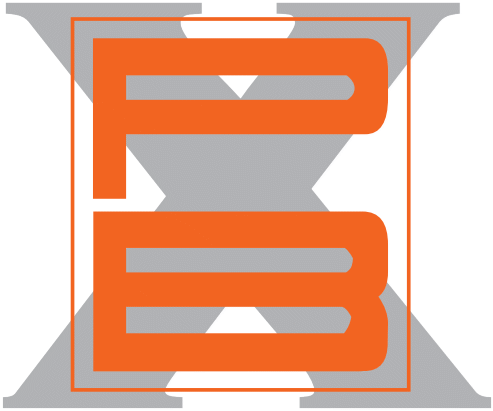
Change HistoryDiscussion of Boxsters and other Porsches |  |  |
Message: Re: Do you agree that in an open-bearing setup
Changed By: Ed B
Change Date: January 29, 2011 09:48AM
Re: Do you agree that in an open-bearing setup
Change Date: January 29, 2011 09:48AM
Re: Do you agree that in an open-bearing setup
Not necessarily. An IMS bearing without seals receives clean filtered oil in a closed environment provided you change the oil and filter as recommended. An open bearing on a piece of construction equipment wont last regardless of what the lube is.
A sealed, greased bearing will not last as long as an open bearing continuously lubed with clean oil.
Grease is a mixture of oil and a thickener. Common thickeners are sodium or lithium soaps, silicone or micro refined clay. They are not lubricants. Additives include molybdenum disulfide, teflon and others. These are solids. Seals wear and the particles find there way into a bearing. Solid lubricants are only effective on sliding surfaces.
Oils can be natural organic or synthetic. The extreme contact pressure between a ball and ball groove, (very small area, as high as 350000 psi), cauuses heat that oxidizes oil creating solid particles. With a greased bearing there is very little oil and most have no way of relubing.
This ends the bearing lesson for the week. :)-D
Ed B
A sealed, greased bearing will not last as long as an open bearing continuously lubed with clean oil.
Grease is a mixture of oil and a thickener. Common thickeners are sodium or lithium soaps, silicone or micro refined clay. They are not lubricants. Additives include molybdenum disulfide, teflon and others. These are solids. Seals wear and the particles find there way into a bearing. Solid lubricants are only effective on sliding surfaces.
Oils can be natural organic or synthetic. The extreme contact pressure between a ball and ball groove, (very small area, as high as 350000 psi), cauuses heat that oxidizes oil creating solid particles. With a greased bearing there is very little oil and most have no way of relubing.
This ends the bearing lesson for the week. :)-D
Ed B
Original Message
Author: Ed BDate: January 29, 2011 09:45AM
Re: Do you agree that in an open-bearing setup
Not necessarily. An IMS bearing without seals receives clean filtered oil in a closed environment provided you change the oil and filter as recommended. An open bearing on a piece of construction equipment wont last regardless of what the lube is.
A sealed, greased bearing will not last as long as an open bearing continuously lubed with clean oil.
Grease is a mixture of oil and a thickener. Common thickeners are sodium or lithium soaps, silicone or micro refined clay. They are not lubricants. Additives include molybdenum disulfide, teflon and others. These are solids. Seals wear and the particles find there way into a bearing. Solid lubricants are only effective on sliding surfaces.
Oils can be natural organic or synthetic. The extreme contact pressure between a ball and ball groove, (very small area, as high as 350000 psi), cauuses heat that oxidizes oil creating solid particles. With a greased bearing there is very little oil and most have no way of relubing.
This ends the bearing lesson for the week. :)-D
A sealed, greased bearing will not last as long as an open bearing continuously lubed with clean oil.
Grease is a mixture of oil and a thickener. Common thickeners are sodium or lithium soaps, silicone or micro refined clay. They are not lubricants. Additives include molybdenum disulfide, teflon and others. These are solids. Seals wear and the particles find there way into a bearing. Solid lubricants are only effective on sliding surfaces.
Oils can be natural organic or synthetic. The extreme contact pressure between a ball and ball groove, (very small area, as high as 350000 psi), cauuses heat that oxidizes oil creating solid particles. With a greased bearing there is very little oil and most have no way of relubing.
This ends the bearing lesson for the week. :)-D

